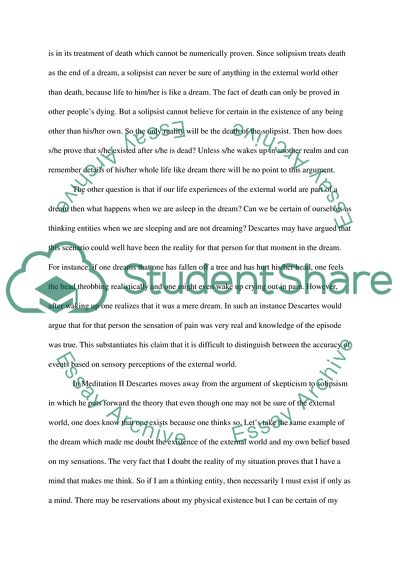Cite this document
(“Cartesian Criteria for Knowledge: From Skepticism to Solipsism Essay”, n.d.)
Cartesian Criteria for Knowledge: From Skepticism to Solipsism Essay. Retrieved from https://studentshare.org/philosophy/1566782-cartesian-criteria-for-knowledge-from-skepticism-to-solipsism
Cartesian Criteria for Knowledge: From Skepticism to Solipsism Essay. Retrieved from https://studentshare.org/philosophy/1566782-cartesian-criteria-for-knowledge-from-skepticism-to-solipsism
(Cartesian Criteria for Knowledge: From Skepticism to Solipsism Essay)
Cartesian Criteria for Knowledge: From Skepticism to Solipsism Essay. https://studentshare.org/philosophy/1566782-cartesian-criteria-for-knowledge-from-skepticism-to-solipsism.
Cartesian Criteria for Knowledge: From Skepticism to Solipsism Essay. https://studentshare.org/philosophy/1566782-cartesian-criteria-for-knowledge-from-skepticism-to-solipsism.
“Cartesian Criteria for Knowledge: From Skepticism to Solipsism Essay”, n.d. https://studentshare.org/philosophy/1566782-cartesian-criteria-for-knowledge-from-skepticism-to-solipsism.


